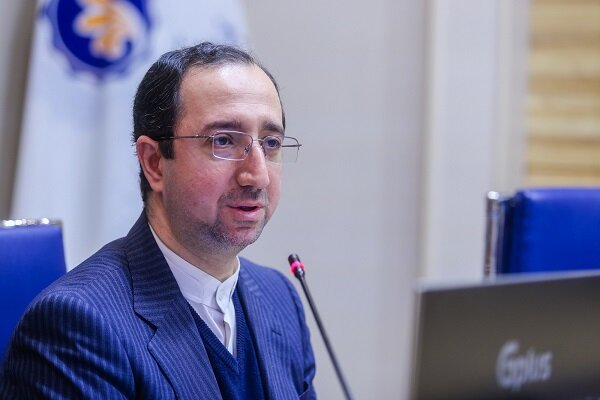
Countering Climate Change Misinformation: The Importance of Evidence-Based Policies in the Digital Age
As the world faces a triple planetary crisis consisting of climate change, biodiversity loss, and air pollution, there is a growing concern about the spread of disinformation and misinformation campaigns. Falsehoods and challenges to the validity of scientific research methods pose a serious threat to informed public debate and efforts to address these pressing environmental issues.
Misleading and false information about climate change can create doubt and incredulity among the public, leading to a lack of support for climate action, effective policies, and protection of vulnerable communities impacted by climate change. This can also exacerbate existing inequalities, particularly affecting women and girls. In response to this flood of disinformation in the digital ecosystem, UNESCO introduced the Guidelines for the governance of digital platforms in November 2023. These guidelines aim to empower stakeholders to implement governance systems that promote freedom of expression while addressing the negative effects of misinformation. By adhering to these guidelines, it is hoped that the spread of false information can be minimized, allowing for more informed and productive discussions about environmental issues.
